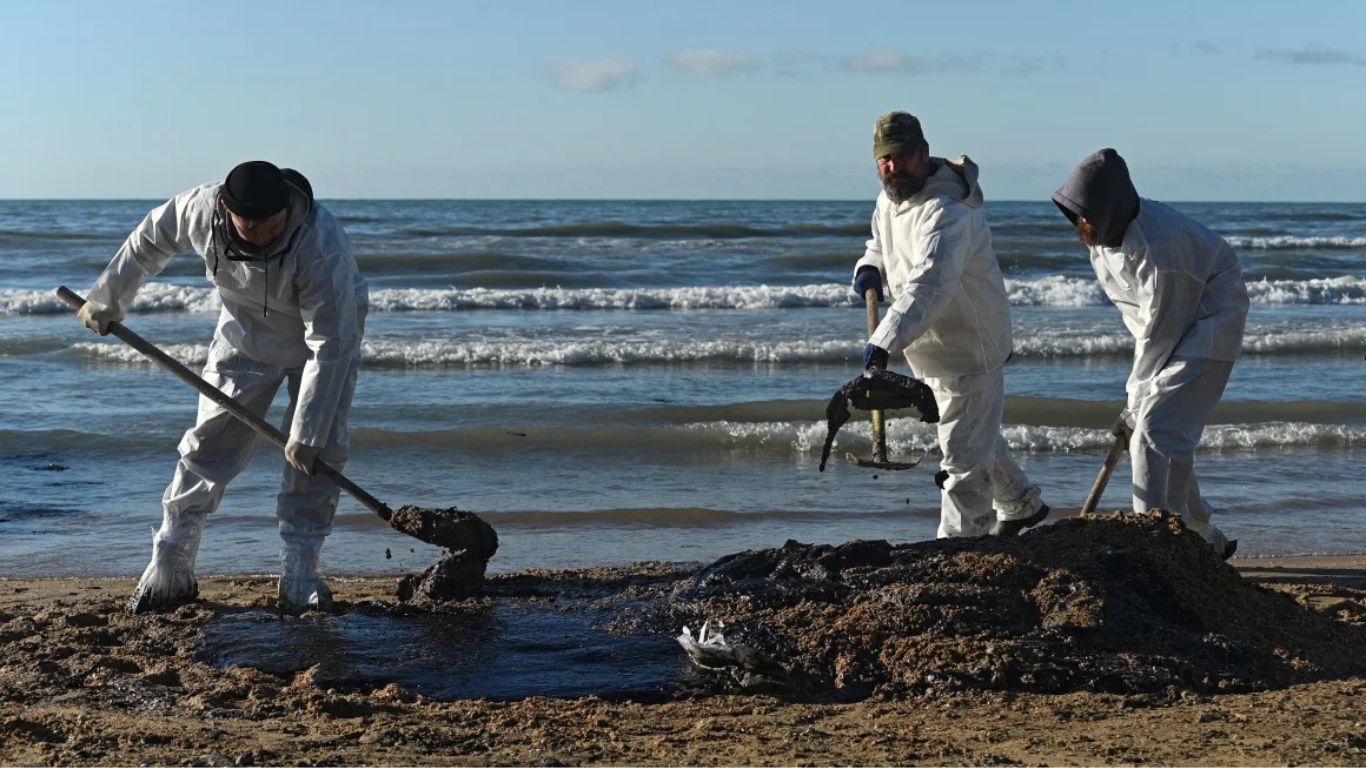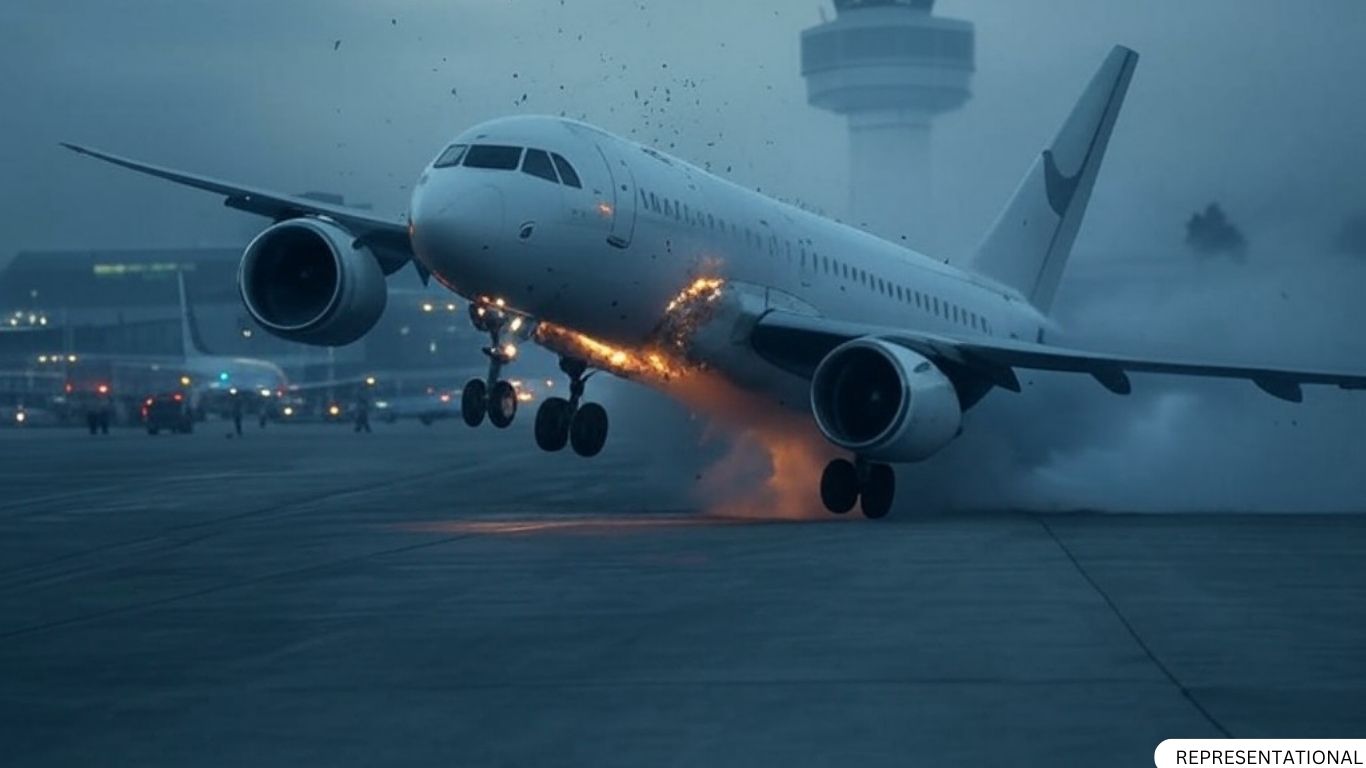The Disaster’s Scale
A major environmental crisis is unfolding along Russia Black Sea Oil Spill, where two tankers carrying over 9,000 tons of fuel were severely damaged in stormy conditions. The resulting oil spill has affected more than 35 miles of coastline, with at least 3,700 tons of heavy oil, known as mazut, contaminating the Kerch Strait between mainland Russia and Crimea.
Desperate Volunteer Response
Local volunteers have made an urgent appeal to President Vladimir Putin, highlighting the inadequacy of current cleanup efforts:
- They emphasize that local authorities lack sufficient resources
- Current cleanup relies heavily on “ordinary people with shovels”
- Volunteers argue that even 50,000 people with basic tools would be insufficient
- They’re requesting both federal resources and international expertise
Environmental Impact
The environmental toll is becoming increasingly apparent:
- Heavy fuel oil is washing onto rocky shores
- Distressing footage shows oil-covered birds struggling to survive
- Greenpeace Ukraine suggests the actual spill volume may exceed current estimates
- The pollution’s impact is expected to extend beyond Russian borders
Official Response
President Putin has acknowledged the severity of the situation:
- Labeled the incident an “environmental disaster”
- Attributed blame to the vessels’ captains
- Noted that about 40% of the fuel has leaked
- The Investigative Committee of Russia has initiated criminal proceedings
Challenges in Cleanup
Several factors are complicating recovery efforts:
- Ongoing stormy weather hampering vessel recovery
- Insufficient specialized equipment and expertise
- Limited local resources and infrastructure
- Need for international coordination and support
The crisis underscores the critical need for rapid response capabilities and international cooperation in addressing major environmental disasters. As cleanup efforts continue, the full environmental impact of this spill remains to be seen.















